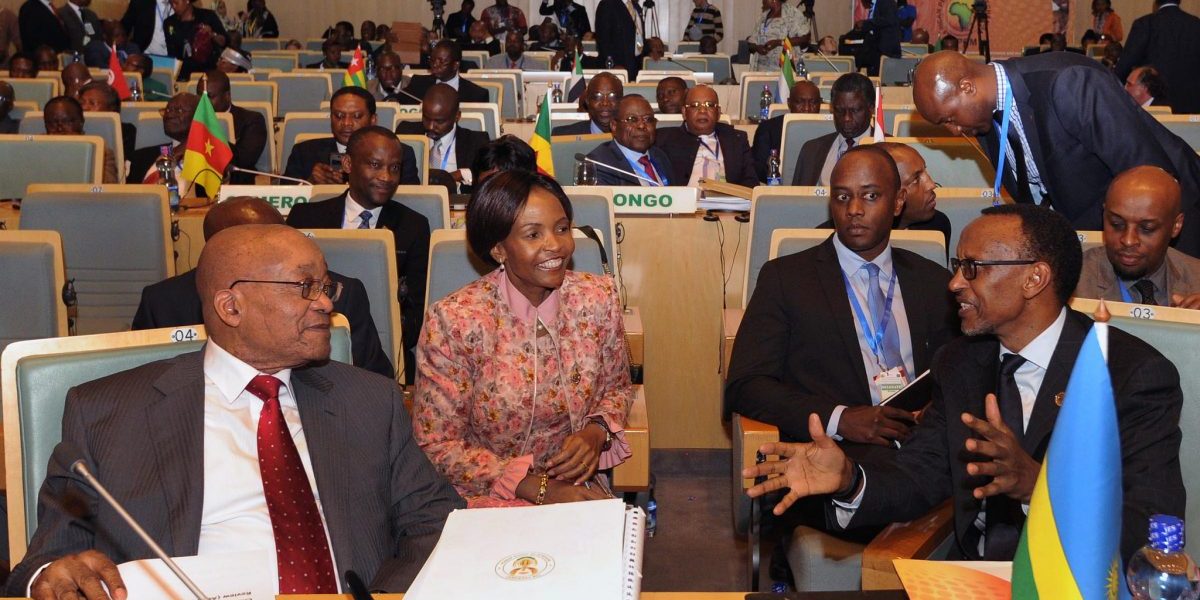At the recently-concluded Extraordinary APRM Forum Meeting of participating heads of state and government in Cotonou, Benin on 25-26 October 2008, Nigeria and Burkina Faso brought to nine the total number of countries ‘peer reviewed’ (See article ‘Peer Review Progress but Many Miss the Meeting’ by Steven Gruzd, below, for analysis). All participating countries have had to struggle with the long, complex and sometimes confusing and intimidating Self-Assessment Questionnaire covering key issues in four thematic areas: democracy and political governance, economic governance, corporate governance, and socio-economic development. Answering these questionnaires risks becoming a highly technical exercise, accessible only to experts and elites. But the APRM also requires that the voices and views of ordinary citizens be heard and incorporated. One practice that is becoming standard is conducting nationally representative opinion surveys among the population.
But gathering and measuring the opinion of ordinary people is not a simple matter. The author of this month’s paper, Robert Mattes, Professor in the Department of Political Studies at the University of Cape Town, has immense experience in planning and conducting opinion surveys in Africa, notably in his role as co-founder of Afrobarometer. Here he warns against the traps and pitfalls awaiting the unwary.
The first of these traps is the belief that a more representative assessment of public opinion can be obtained by contacting an ever larger number of people. The law of diminishing returns comes into play, and the cost of increasing the sample size can outweigh the benefits. Professor Mattes argues that, while a representative survey is an irreplaceable element of the national self-review process, relatively small random probability samples of ordinary citizens can produce accurate and cost-effective results.
However, other elements must be in place to ensure the survey’s credibility. These include freedom to travel for fieldworkers; the availability of accurate census data; and the avoidance of inappropriate mechanisms, like polling heads of households instead of the people who reside in them.
He warns, too, that it is important to establish what can be learnt from ordinary citizens – and what is out of their domain.
SAIIA sincerely thanks those who acted as peer reviewers for these two papers.
Perspectives on Governance: Founded to promote public debate and research on crucial issues of public policy, the South African Institute of International Affairs (SAIIA) is pleased to send you these occasional papers that we hope will contribute to a more robust conversation about the nature of Africa’s governance challenges.








